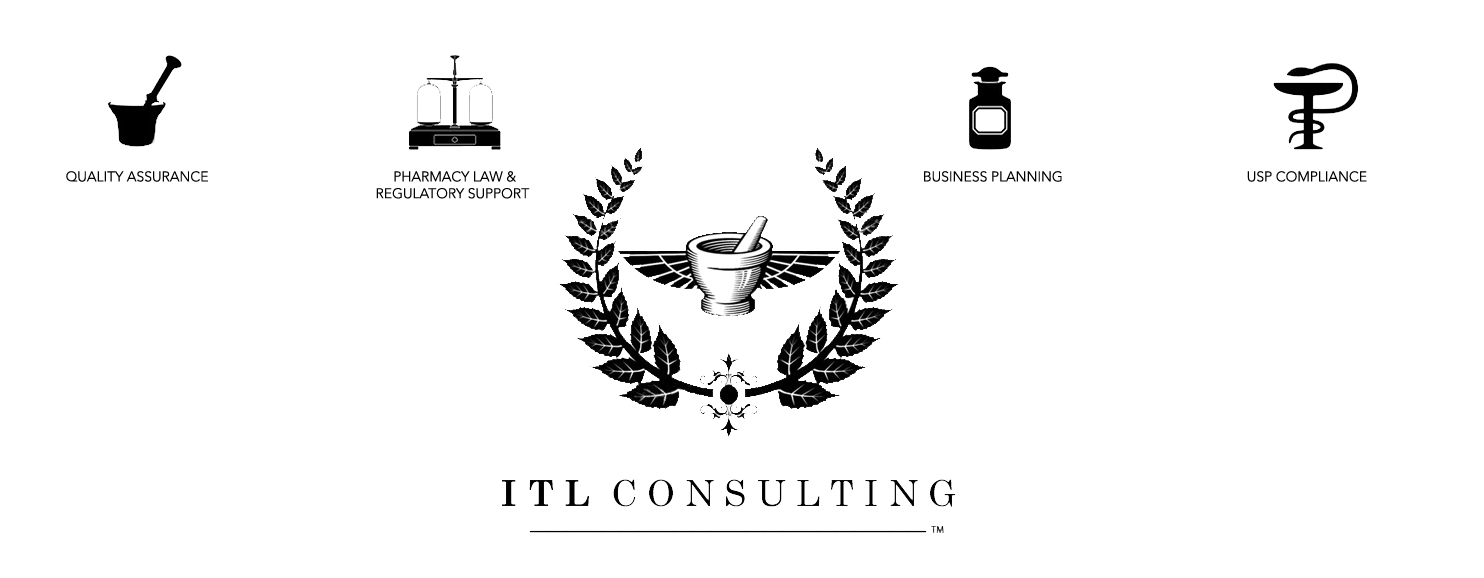As major decisions on the US's future financial status are being made, House and Senate resources on the hill are being diverted from pending legislation. Inquiries from Congress sent to the FDA asking for their stance on language of the new bill are left unanswered. It may be a while before any progress is made on this bill. In the meantime, pharmacy owners, pharmacists and patients are contemplating what will happen to access to compounded medication. If the Drug Quality and Security Act does pass as written, some pharmacy groups supporting this bill say it would not be the worst-case scenario. Let's take a look at how the language of the new law would influence the marketplace and how the FDA's track record plays an important role in this new environment.
The major consequence of this legislation passing as written will be the emergence of a new category of suppliers of compounded medication termed outsourcing facilities. While this category is not entirely new, HR 3204 would clearly define the qualities of this type of supplier while allowing the FDA to police "traditional compounding pharmacies" who engage in activities that encroach on the boundaries of this category. In another post, the activities that have triggered FDA inspections were reviewed based public documents provided by the FDA. Additionally, their compliance policy guide (CPG) for pharmacy compounding gives some insight into this thought process. Since their authority will become apparent in the new legislation, section 503A of the FDCA will be subject to the FDA's interpretation and will continue to be enforced as previously seen along with some new restrictions.
The implications for this bill in the marketplace are multifold. In examining the forces of any industry that shape its unique competitive environment, the goal is to understand the relationships of each stake holder to determine what influences profitability. While an in-depth, quantitative analysis is outside the scope of this post, given here is a brief overview of major changes that can be expected to impact pharmacy compounding.
In the classic Porter model of forces that shape competition in an industry, the major expected change in pharmacy compounding is the threat of new entrants- outsourcing facilities. Historically, the threat of new entrants has (almost exclusively) been in the form of other compounding pharmacies, thus the strategic responses have been predictable and expected. The rivalry of competition in response to this traditional threat has also been well defined. This means that a new compounding pharmacy entering the market would know what to expect from established businesses responding to the threat of new competition.
However the Drug Quality and Security Act will open the doors to a new entrant at an unprecedented level. The response to this type of threat has not yet been fully defined and pharmacies will be forced to examine many aspects of their business to determine how to respond.
Some factors that will determine how a compounding pharmacy can strategically reposition itself for viability can be answered by asking the following questions:
What resources do we have to fight back?
- Excessive cash flow?
- Unused borrowing power?
- Available productive capacity?
- Rapport with distribution channels, prescribers, patients?
These are a few critical factors to consider because legislation will effectively lower the barriers of entry for outsourcing facilities. Additionally, the regulatory requirements for these facilities appear more explicit as they remain exclusively under federal jurisdiction. If a business has explicit instructions of what is right and wrong, they can better allocate resources to conform to the necessary actions with regularity. Conversely, it is not known know how the FDA will regard traditional compounding pharmacy activities that push the envelope of these new regulations (namely office-use and anticipatory compounding). The outsourcing facility on the other hand, has a more transparent view of their regulatory requirements which, along with other elements of this legislation, give them an advantage in carrying out pharmacy compounding operations.
Overall, this legislation will create a structural change to the industry that will influence many other forces currently existing in pharmacy compounding. To what degree this will impact the intensity of rivalry, the price of compounded medication, supply channels and other elements of the industry, is not yet fully known. Understanding the implications of upcoming major changes in the marketplace will help compounding pharmacies to prepare for disturbances in their business and to protect patient access to compounded medications.

